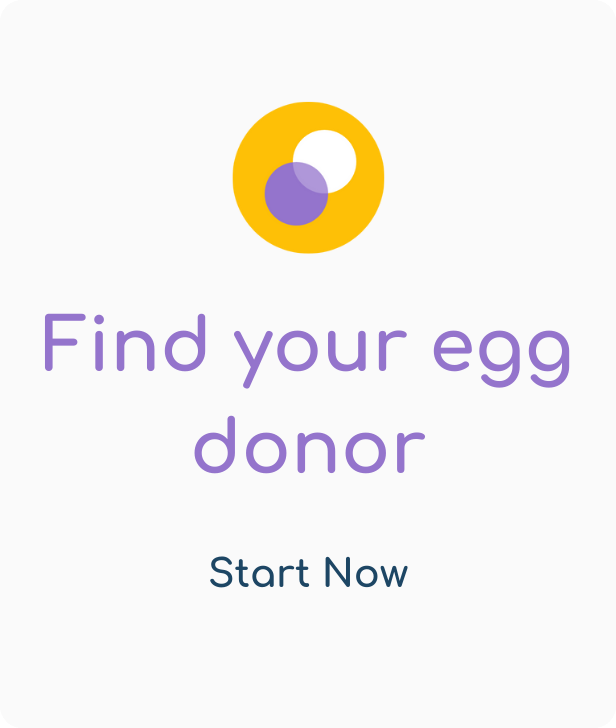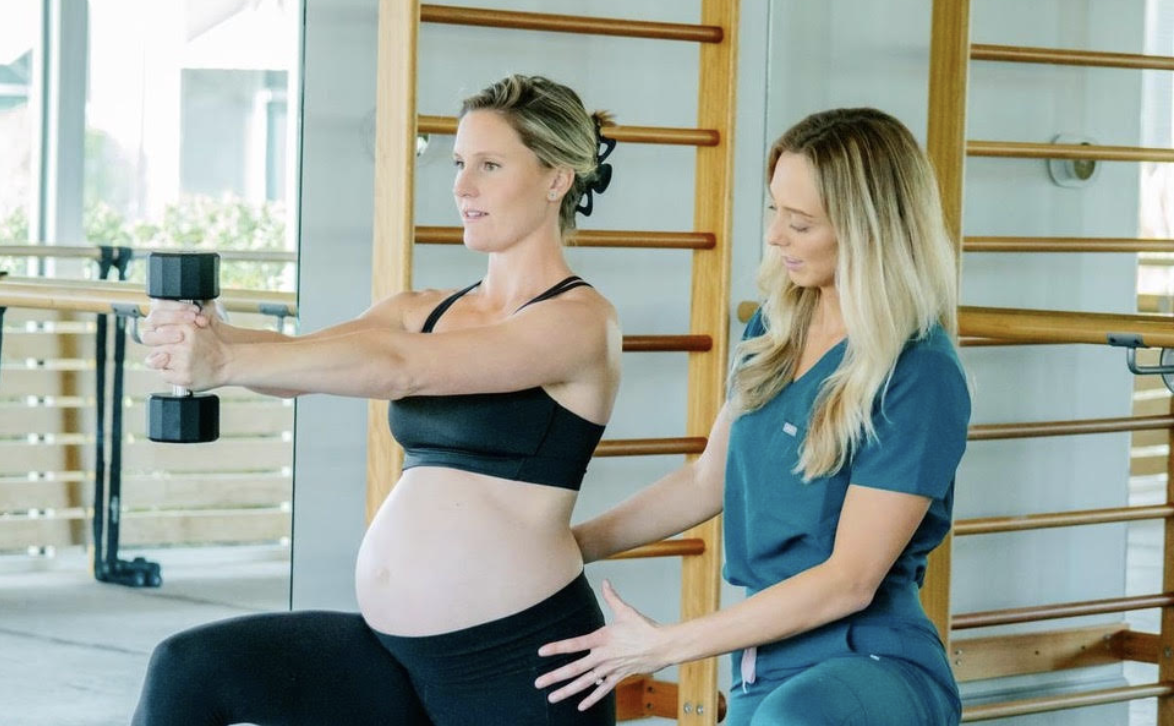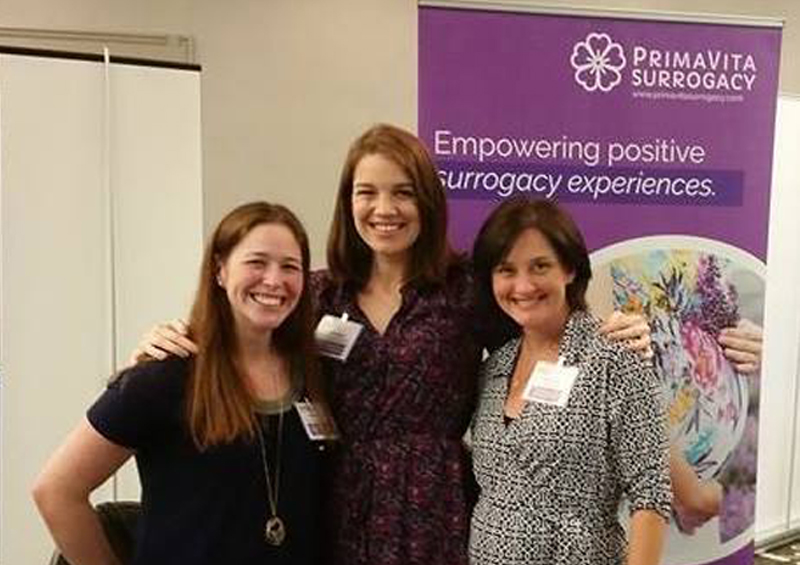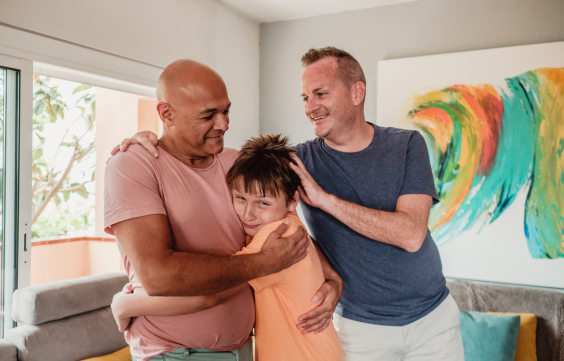Parents
Experts Weigh-In On The Importance Of Genetics & Family Tree In Egg Donation
How can you choose the genetics of your future child? How can you improve the chances they will be healthy? Should your decision be purely emotional or are there objective factors to consider? And what is the one aspect intended parents can control?
Expecting Answers spoke with 2 third-party reproduction experts about why intended parents should consider an egg donor’s family tree.
“Choosing an egg donor can feel like a very emotional process and that’s very understandable, whether you're a single parent or a gay couple who need the egg donation to complete all the other pieces of the puzzle, or if you're a heterosexual couple that’s experiencing infertility issues,” says Lisa Schuman, a mental health professional working in the family building field and the founder of The Center for Family Building that provides resources to help intended parents have an easier journey to parenthood.
“There is going to be some difficulty in trying to figure out how to choose the right genetics for your future child and people get emotional when they think about that. Even if you've never gone through infertility, you worry about your future children. You want to make sure they're going to be healthy.
So the question is, how can you avoid getting caught up in it emotionally? When you look for an egg donor, many places give you information that will help you feel comfortable, because we're taking something that’s very unfamiliar to you and you want to make it familiar, right?
But how do you do that?
Well, people will typically try to find people like them, or like their sibling, or their best friend, or somebody that they know. Some of the donor pools will show you celebrity lookalikes, or mention things like perfect SAT scores or awards, because these are details that can make you feel, ‘this is a great person. I can feel comfortable making this choice because it feels familiar to me or makes me feel good’ and that's great."
Why Feeling Good About Your Donor Is Important
It's great to be able to feel good about your donor for a 3 main reasons:
Reason #1. In the future you will probably talk to your child about their donor, and I think it's important that you do that, and you want to be able to say nice things about her and be genuine.
Reason #2. In case you’re using an open donor and this is a person that your child might meet in the future and have a relationship with, it would be helpful to like things about her.
Reason #3. Choosing a donor who has characteristics that are important to you can make you feel more comfortable choosing her and more comfortable knowing those genetics will be part of your child. So, while having the same religion or sense of humor is not something you can pass down to the next generation, and therefore may not be on the top of your list of important attributes, those elements could make you more comfortable with your choice.
In addition, there may also be some familial difficulties you are encountering. Let's say your parents feel like the family tree is really important and they really want everyone in the family to be Italian, or they really want everybody in the family to have a certain cultural or religious background. What do you do with this pressure?
As you can see, there are a lot of considerations and all of those things are valid and important, but they are not the whole story, because what you're really doing is not choosing a person, even though its feels like you are, you're really choosing their whole family, the genetics of that family.”
Adding the Family Tree Into the Mix
“Many intended parents are looking for an egg donor with a specific eye color, but you need to understand that genetics are “funny” and you never know exactly what you’re going to get,” explains Xiomara Hernandez, international liaison at the Idaho Center for Reproductive Medicine and a highly experienced third party reproduction professional.
“That’s why you should try and get a more complete picture by looking at the family genetics. You may look at a picture of a blonde donor with blue eyes, but when you look at her family tree you discover everyone else in her family has brown hair and brown eyes. I’m a good example for that. I have three blonde, blue eyed kids, yet my hair and eye color is brown so no one would have picked me if they wanted a child with blue eyes.

You never really know what the child is going to look like because genetics is a huge pool, but you can get a better idea and improve your chances, if you look at the family tree.”
“I once screened an egg donor who looked a lot like me,” says Lisa. “She had blonde hair and fair skin, and she also had attributes that seemed familiar to me, for example she was creative when she was a kid and she liked dogs.
There were all these things that felt very familiar and I thought to myself that if I needed a donor, she might be a good fit for me. Then it turned out she had four brothers, all with red hair and interested in math and science, which meant she was not the right person for me after all.
Many intended parents don’t really think about that. Most just look at the specific person because they want to feel that familiarity from this stranger who is going to be in their world, in their households, in the most intimate experiences of their life as a family. That’s understandable and I think it's really important to appreciate the things that are important to you.
But, we also have to think about what are the things that we have some control over versus the things we cannot control. We don’t have control over whether or not that child is going to be tall or short, have lighter or darker skin, have red or blonde hair and so on. Those things we just don’t know, it’s a roll of the dice.”
Lisa adds that it’s important to keep an open mind and understand that the child will not necessarily look like the donor you chose.
“Naturally, we want to love our children for who they are and not who we want them to be, but I think that before you make the choice, you need to think about what is really important to you. Is it really important that your child look a certain way? And is it something you can control? The answer is no, it's not the most important thing and it's not something you have control over. So what are the things you do have some control over? I think we have some control over the most important thing, which is the child’s health.”
Thinking about surrogacy? Start by finding the right surrogate and agency for you.







